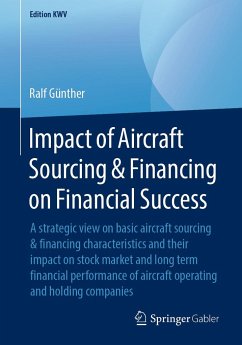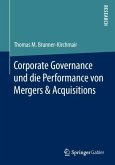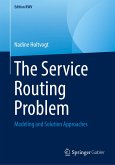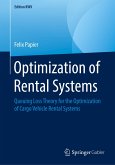Airlines follow different strategies of aircraft sourcing and financing. Basic decisions include the choice of buy versus lease and long term versus short term acquisition of aircraft. Additional fleet and fleet planning characteristics include the desired fleet size, average aircraft age, or possible surplus in capacity.
Do these variables have an impact on financial success? Taking the perspective of a shareholder, the author uses multivariate regression methodology to evaluate abnormal returns in stock market's reaction to the terrorist attacks on September 11, 2001, the Financial Crisis 2008, and to aircraft accidents and aircraft orders 1994-2009. In further regression analyses the relationship of fleet variables to a company's revenue growth and profitability is examined.
Potential readerships include researchers and practitioners with interest in how decisions could be taken in favor of shareholders in an aircraft fleet planningcontext.
Do these variables have an impact on financial success? Taking the perspective of a shareholder, the author uses multivariate regression methodology to evaluate abnormal returns in stock market's reaction to the terrorist attacks on September 11, 2001, the Financial Crisis 2008, and to aircraft accidents and aircraft orders 1994-2009. In further regression analyses the relationship of fleet variables to a company's revenue growth and profitability is examined.
Potential readerships include researchers and practitioners with interest in how decisions could be taken in favor of shareholders in an aircraft fleet planningcontext.








